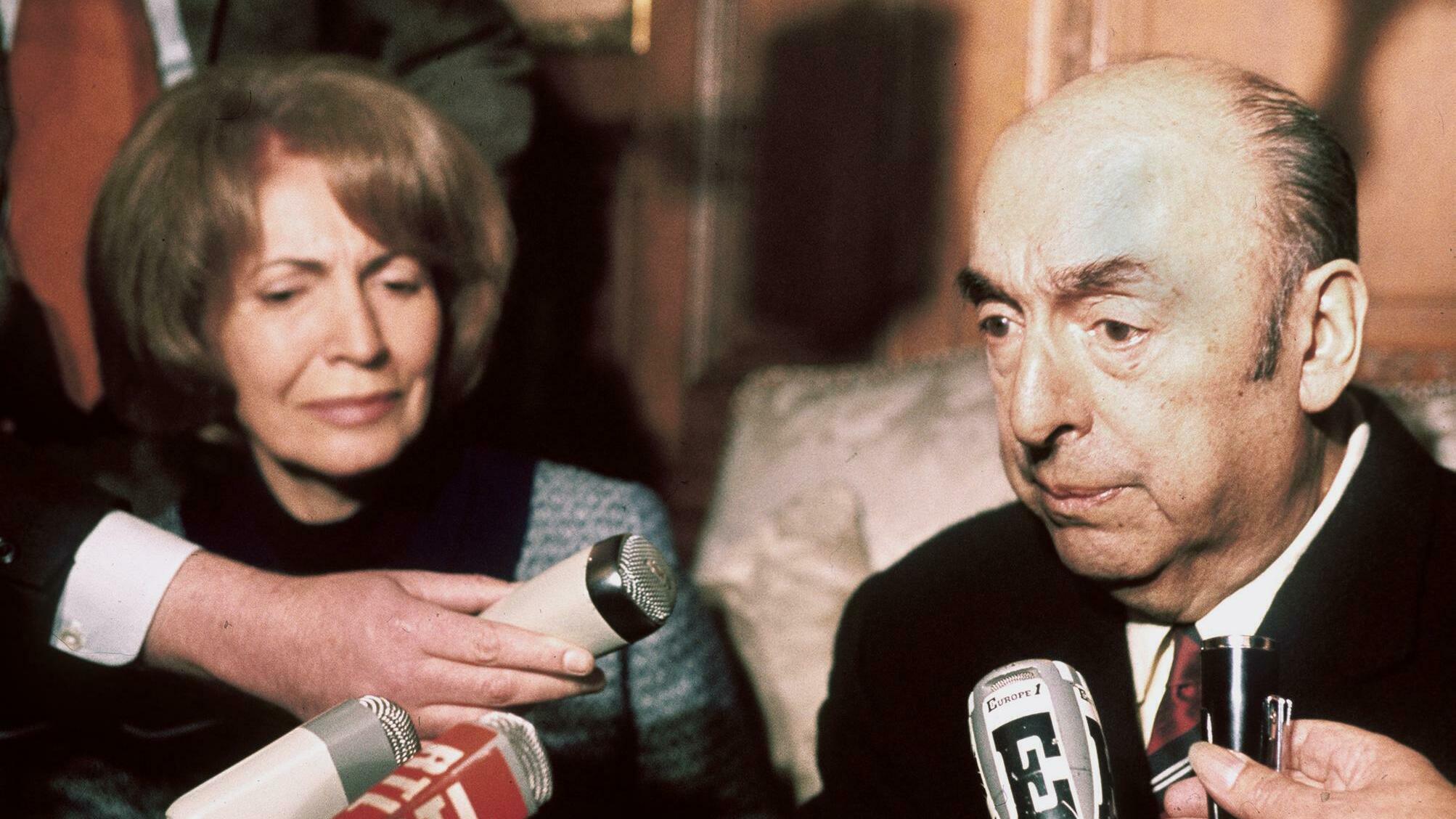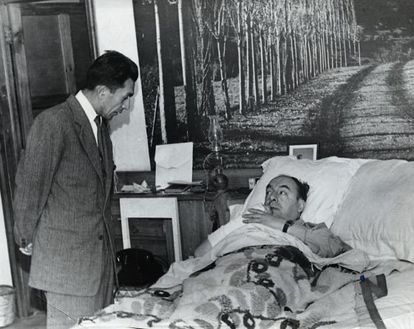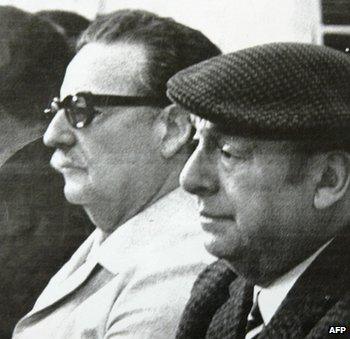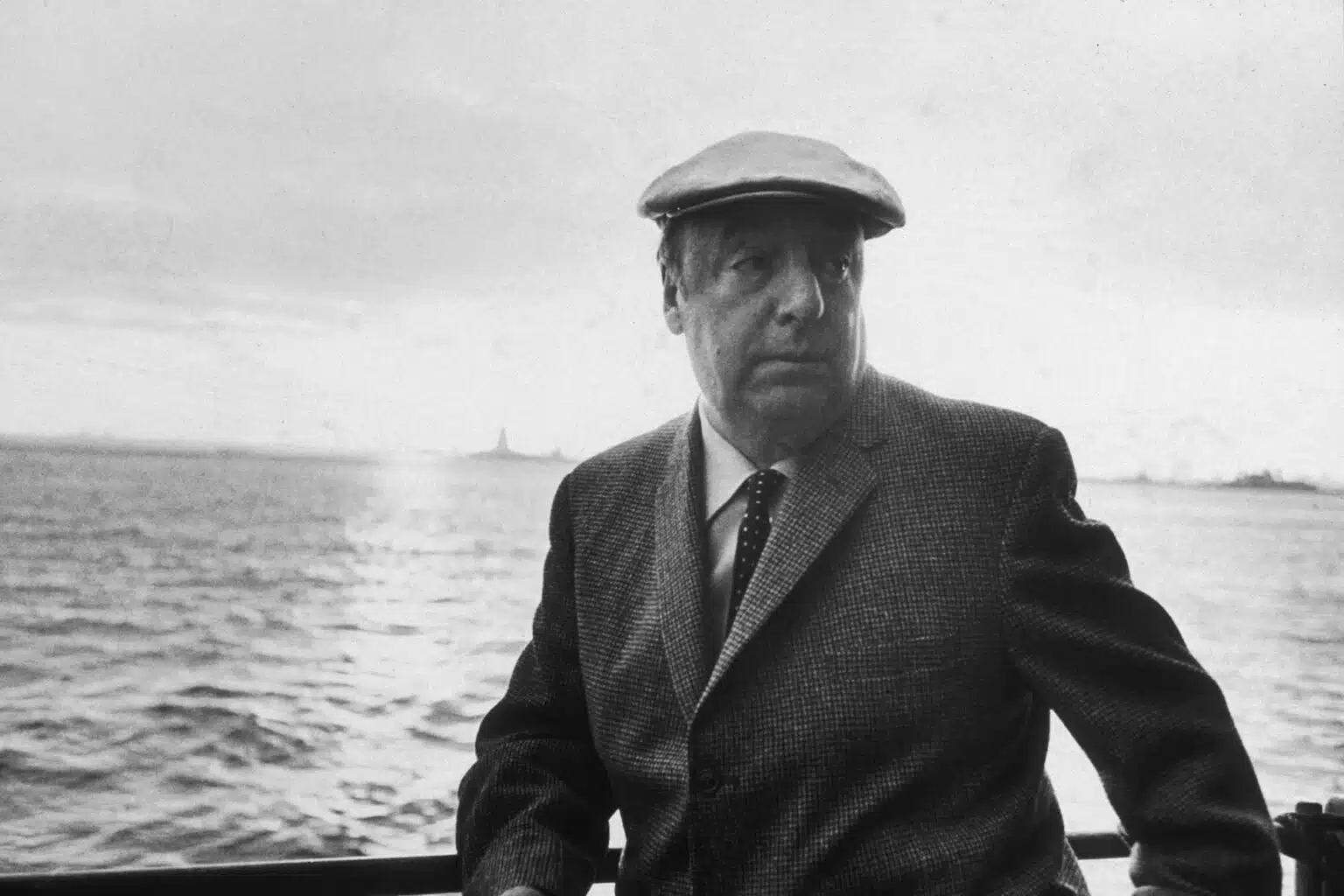The death of Chilean poet Pablo Neruda has been perennially shrouded in mystery. At the time of his death fifty years ago, the official cause was stated to be cancer, but there was always a sense that there was something more to it owing to the time and circumstances surrounding his demise. After fifty years of his death and a decade-long investigation, a team of forensic experts submitted their final report to the Chilean government which contained an analysis of Neruda’s remains.

The scientists did agree that other circumstantial evidence did support the possibility of murder. Their forensics reports did not, however, give a definite answer. They stated that they had found a sort of toxic bacteria that does not naturally occur in the remains and later even confirmed that this bacteria was present in his system when he passed away.
But they were unable to figure out if it was a toxic strain or whether this bacteria infected his system due to a certain sort of an injection or contaminated food. This new finding is likely to strengthen the belief in many Chileans that one of their most prominent political activists was murdered by the military dictatorship ruling over Chile at that time.

Who was Pablo Neruda?
Neruda was born on July 12th, 1904 in a small agricultural community in southern Chile. He started delving in the fascinating world of poetry from the young age of 13. He slowly started gaining prominence for his poems, especially his love poems. He also started experimenting with overtly left wing political manifestos at a later age after becoming a political activist. He advocated for violent opposition against the US and all countries who supported and adhered to the structure and values of democratic capitalism. He had taken up many diplomatic positions in his life and had even served a term as a senator of the Chilean Communist Party.

His Political Activism
In 1948, a warrant was issued for Neruda’s arrest by then president Gabriel González Videla, after he had outlawed communism. He temporarily fled and his various friends had helped by hiding him in their basements and later, he escaped the country through a mountain pass into Argentina. He had also won the Nobel Prize in 1971, only after which, he returned to Chile. This win however was not unanimous among the members as many of them did not support Neruda’s praise of Stalinist dictatorship in the past.
He also extended his support towards Salvador Allende, who won the general election in 1970 and went on to become Chile’s first democratically elected socialist head of state. Under his tenure, Neruda was also appointed as the Chilean ambassador to the country of France, owing to his proficiency and knowledge of the French language. He lived extensively in Paris owing to his new diplomatic position.
Death
He returned to Chile after 2 years owing to his failing health. In 1973, Neruda was diagnosed with prostate cancer. On 23rd September, 1973, Neruda passed away at the age of 69 in a local clinic. Earlier that month, the Allende government was toppled by the military, to establish a military dictatorship once again.
Investigation
In 2011, Neruda’s driver, Manuel Araya, publicly affirmed the fact that the doctors in the local clinic had poisoned Neruda by injecting him. However, these claims were disputed both by eyewitnesses and even Neruda’s widow. Still much of the Chilean public still suspected foul play in Neruda’s death.
Forty years later, in 2013, a Chilean judge ordered an investigation to be launched, after there was substantial evidence pointing at Neruda being murdered by the Pinochet regime owing to his political ideals which were very pro-Allende in nature. The remains of Neruda were sent to forensic laboratories.
Then, in 2017, a group of scientists claimed that they had found traces of poison in his teeth. Even though the new findings are purely circumstantial, no genuine cause of death has yet been discovered.












